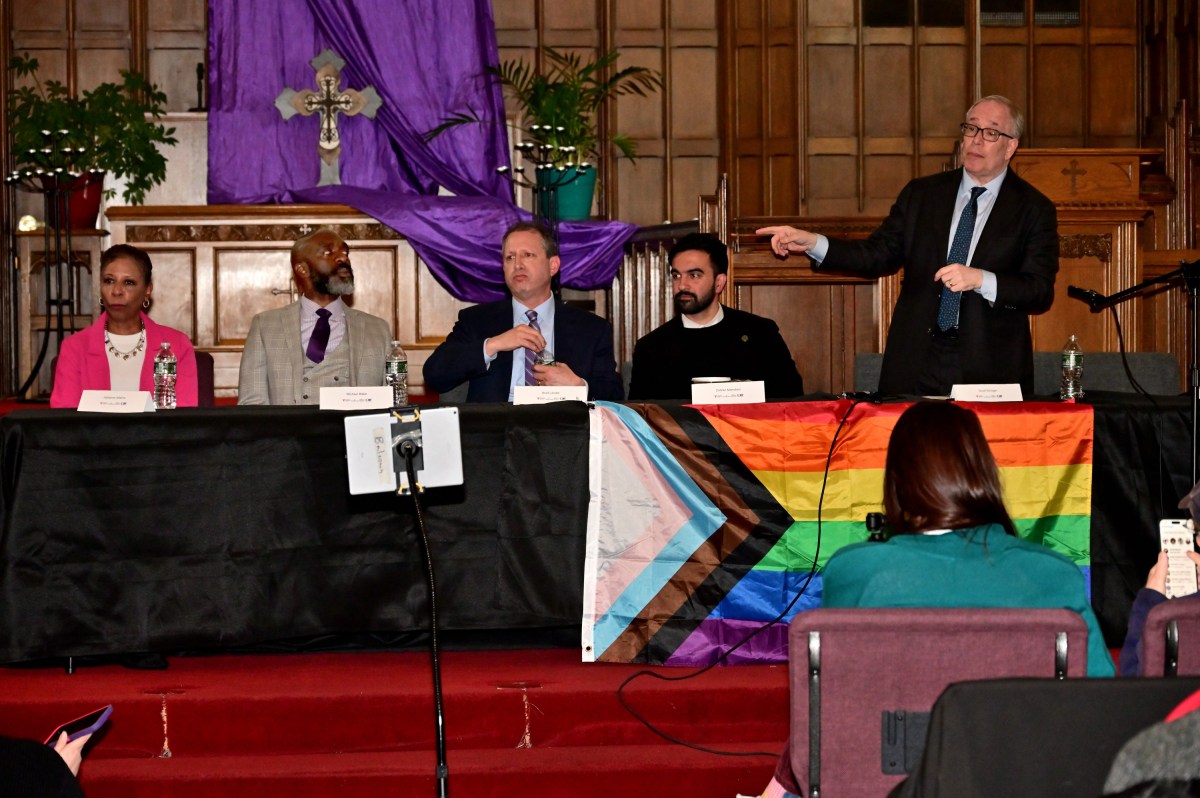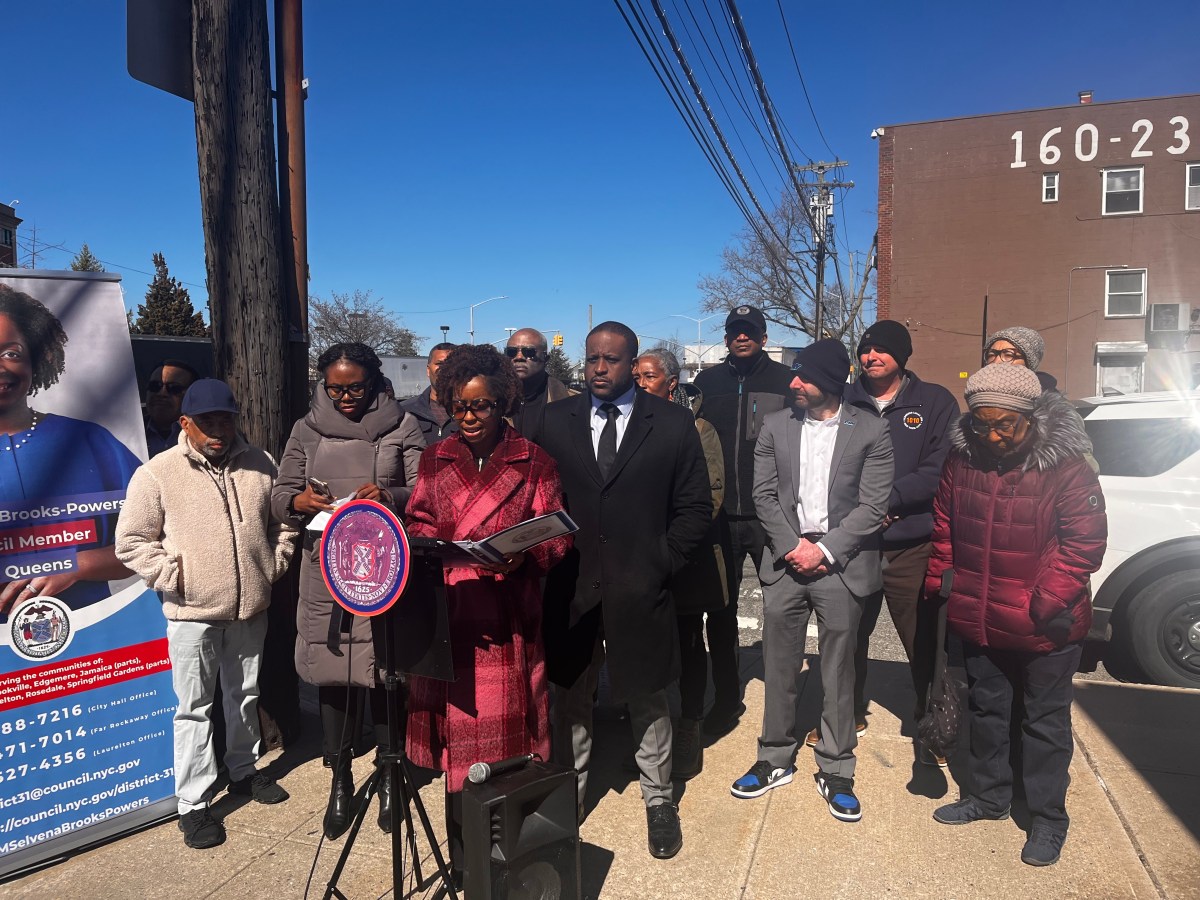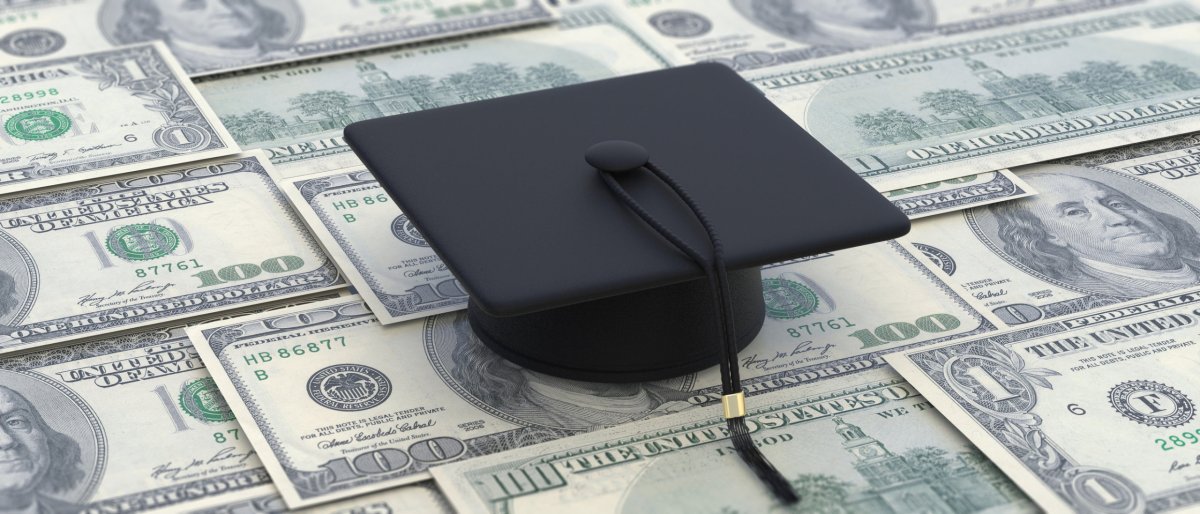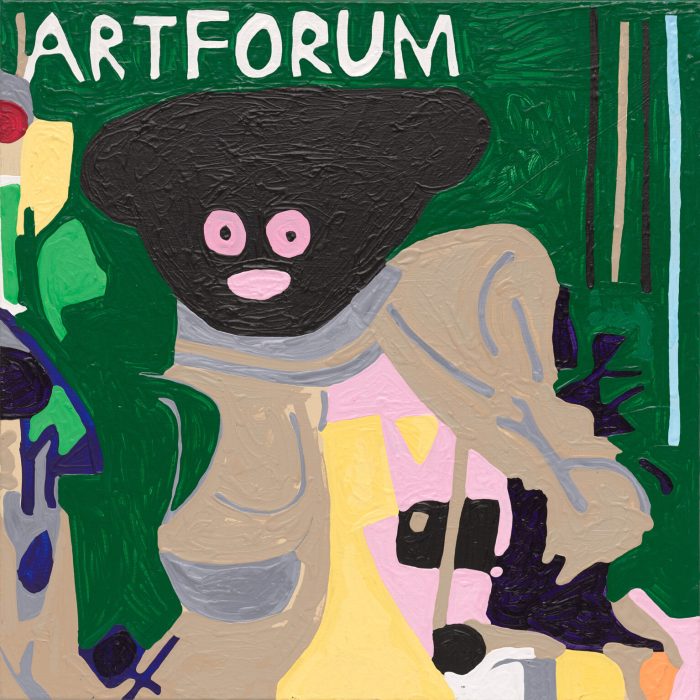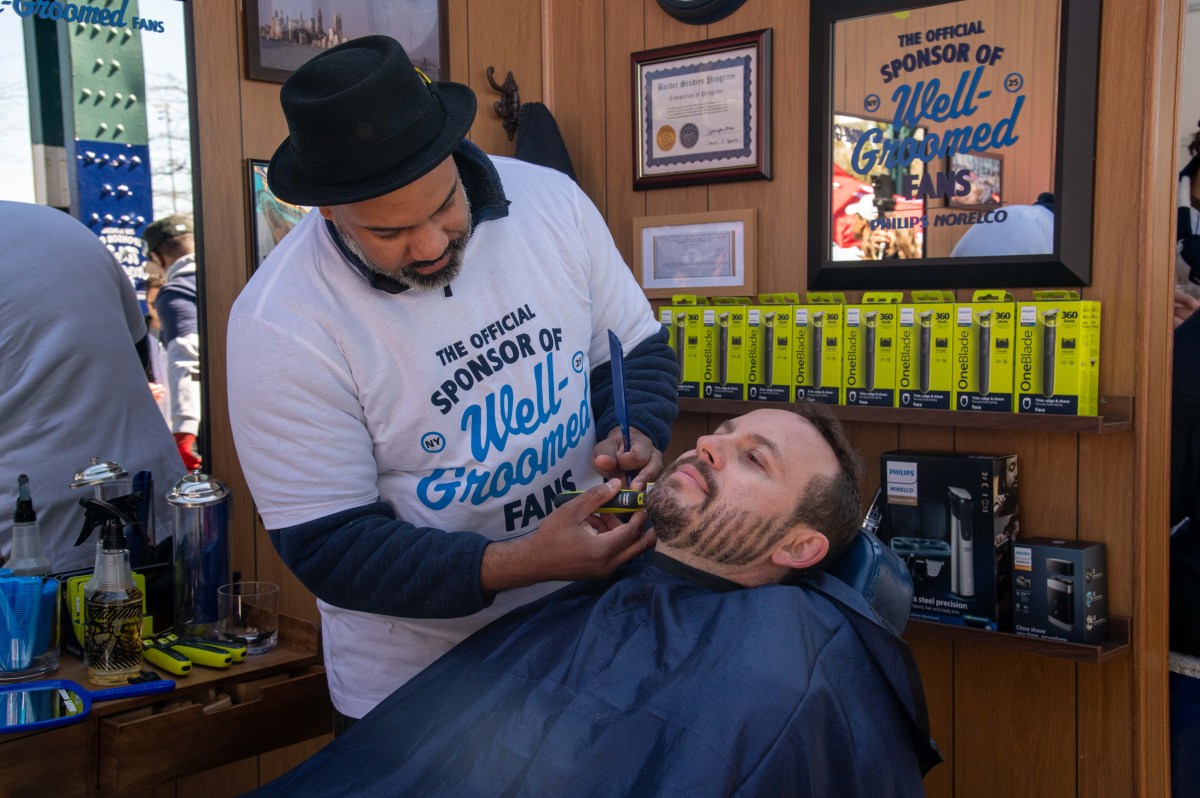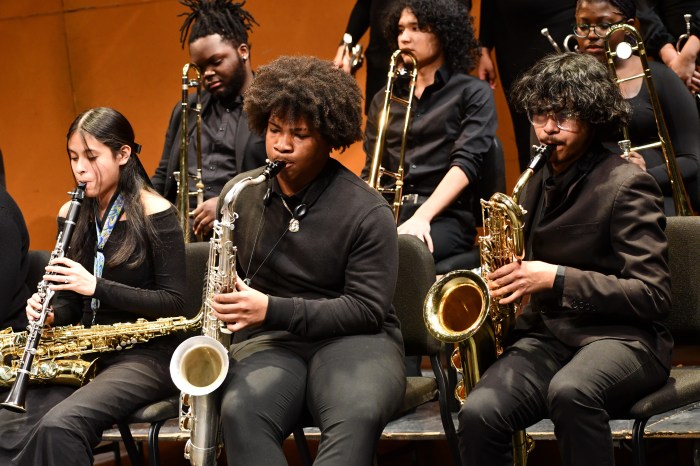The push to legalize marijuana this year came to a grinding halt — one that some New York lawmakers say is temporary.
State Sen. Liz Krueger (D-Manhattan) and Assembly Majority Leader Crystal Peoples-Stokes (D-Buffalo), the sponsors of the Marijuana Regulation and Taxation Act, said in July they intend to revive the bill during the next legislative session.
Several proponents of recreational use believe it is popular enough among constituents to eventually become law. For them, marijuana legalization boils down to when — not if — it will happen in New York.
Learn more below about the latest attempt to legalize marijuana.
The latest: New York and Connecticut to collaborate
Gov. Andrew Cuomo has teamed up with Connecticut Gov. Ned Lamont to draft a joint approach to legalizing marijuana in both states.
The two administrations will hold a summit on Oct. 17 to discuss regional guidelines and principles for both states as they pursue legalization. Attendees will include state health officials, policy makers and law enforcement officials.
The summit is expected to explore such topics as product safety and testing, advertising, taxation, roadside testing, financial services as well as social justice and equity components.
Bill sponsors determined to ‘complete the assignment’
Krueger has been unequivocal about her plans to continue the push for marijuana legalization after the last bill failed to land on the Senate floor before the session ended in June.
“I will be continuing my efforts to complete the assignment,” she told amNewYork in July.
Krueger and Peoples-Stokes intend to introduce a fresh bill with some key differences, including the absence of a decriminalization provision since it was passed this year as stand-alone legislation. A previous provision to regulate hemp extracts like CBD also passed on its own and will no longer be present, Krueger added.
“At the end of the day, I see this as an opportunity for the government to invest in poor, impoverished communities that have been impacted by the war on drugs,” Peoples-Stokes added.
For her part, Peoples-Stokes has a plan to ensure the legalization legislation’s success: "I’ll spend my time focusing on senators."
What happened to the last marijuana legalization bill?
There were more than 76 Assembly members who supported the last bill, enough to get it passed, according to Peoples-Stokes. But there wasn’t enough support in the Senate — something that both Krueger and Gov. Cuomo have acknowledged.
Krueger had pressed Cuomo to intercede in the session’s final days, however, he declined to, saying there wasn’t enough time to sway the outcome.
For all its support from advocates, the push to legalize had come under criticism for a multitude of reasons, including Cuomo’s decision to not include opportunities for communities disadvantaged by drug enforcement in his budget proposal, which failed before the stand-alone bill.
Lawmakers attempted to address this in May with a bill amendment, according to The Buffalo News, which would have upped the proposed taxes on marijuana and positioned the aforementioned communities to collect a portion of the revenue from regulation.
Krueger said another a major pressure point for lawmakers was the ability for localities to opt-in — or opt-out — of marijuana sales within their jurisdiction. She acknowledged that some advocates were vehemently against this, but said the provision would only give marijuana-seeking residents a longer way to travel.
A push to include social justice
Some proponents of legalizing marijuana have urged other supporters to consider communities disproportionately targeted for drug offenses.
At a July event by Cannagather, the city’s largest cannabis industry network, Public Advocate Jumaane Williams stressed the importance of incorporating “economic justice” into the conversation.
“So I know a lot of work was done in the state and we didn’t quite get there,” Williams said. “But I honestly would have preferred not to get there, and get it right.”
Williams emphasized the need for “black and brown people to make money off this,” if marijuana is legalized.
The sentiment was echoed by Floyd Jarvis, the preceding speaker and head of the Canarsie Neighborhood Alliance, who emphasized what he described as the need to “keep black markets black.”
"In this new ‘green rush,’ many persons have been jumping on board," Jarvis told the crowd of cannabis industry professionals and supporters. "… However, when we leave markets to themselves, whenever we have unfettered markets, they will remain racist."
By including discussions of social justice and equity in his upcoming summit with Connecticut officials, Cuomo appears to be vaguely on board with this idea.
Do New Yorkers support legalizing marijuana?
A Sienna Research Institute poll released on June 10 found that most New York voters support legalizing recreational marijuana 55-40 percent. Similar support was reflected in an NBC 4 New York/Marist poll in March that placed respondents’ support at 57 percent and opposition at 38 percent.
A Quinnipiac University poll from January said that 74 percent of New York City respondents wanted to wipe marijuana-possession records clean.



